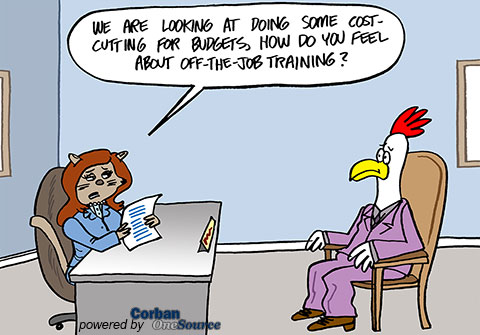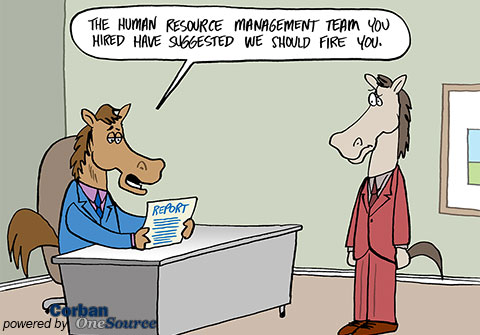In today’s fast-paced corporate world, the term RIF reduction in force is often used when companies need to control costs, and it involves laying off employees. According to studies, 75% of employees that survive a RIF say their productivity has declined. Those that stay are more likely to leave and feel less engaged with their work. At Corban OneSource, we serve companies of all sizes, ranging from 75 to 6,000 employees, and understand the tremendous impact of such an event on not only the employees being laid off but also those remaining. Therefore, it is of utmost importance to boost morale during such times.


- Communication is Key
The uncertainty that comes with a RIF reduction in force can overwhelm employees, causing anxiety and stress. It is crucial to communicate clearly and positively with employees during this turbulent time. Being transparent and keeping them up-to-date can go a long way in reducing their fears. Being transparent and honest about the reasons behind the layoffs will provide a sense of understanding. Employees will appreciate the communication, even if it’s not what they want to hear.
Therefore, companies need to ensure that they convey their message empathetically, showing gratitude for employees’ services and commitment. It is also vital to communicate with employees who are being laid off and those staying on in different ways. Ensure that you have the right people in place to communicate the message effectively, including a layoff consultant, HR managers, and supervisors, who can explain the situation and answer any questions employees may have.
- Support Impacted Groups
During a RIF, it is easy to focus on the logistics without taking into consideration the needs of the impacted groups. Investing time in understanding the needs of the employees affected, and providing them with appropriate support can go a long way in boosting morale. Companies can set up things like outplacement services or severance packages to help employees find new work, reduce any financial stress, and provide a sense of care.
Clear communication will also ease any anxieties about finding new work and help them with navigating their benefits options. For employees who are staying, it can be helpful to offer additional support in terms of workload and training and address concerns they may have about job security.
- Encourage Feedback and Engagement
Collecting and responding to feedback is crucial to understand how employees are feeling and what the company can do to support their needs further. Encouraging open communication channels between management, HR, and employees will allow the workforce to share their feelings. One of the primary drivers of employee disengagement is a lack of connection to coworkers, and with the increase in remote work environments, it can be much more challenging to connect with the workforce. According to a study by BetterUp Labs, 43% of employees lack a sense of connection with coworkers, 22% have no friends at work, and 69% feel dissatisfied with available opportunities for connection. Additionally, over half of the respondents are willing to sacrifice compensation for stronger ties with colleagues, highlighting the prevalent “Connection Crisis” within the workplace, particularly amidst a RIF scenario.
Therefore, companies can create opportunities for employees to interact with their colleagues, such as virtual team-building exercises, collaboration technology, and online social gatherings. Regular feedback can also provide a sense of connection and help employees feel valued. Providing recognition programs, such as employee-of-the-month programs, also shows recognition for employees’ contributions and skills, boosting morale within the remaining workforce.
While undertakings like a RIF may be necessary to control costs, it is vital to invest in things that will help boost morale during and after such tumultuous times. Clear communication, support for impacted groups, and employee engagement are all essential in ensuring that the remaining workforce stays productive, engaged, and committed to the company’s goals. By taking these steps, companies can mitigate the impact on their employees and their business’s overall success. Learn more about HR Outsourcing about how Corban OneSource’s HRO services can help your company get through a RIF reduction in force while ensuring your business’s productivity does not suffer.


